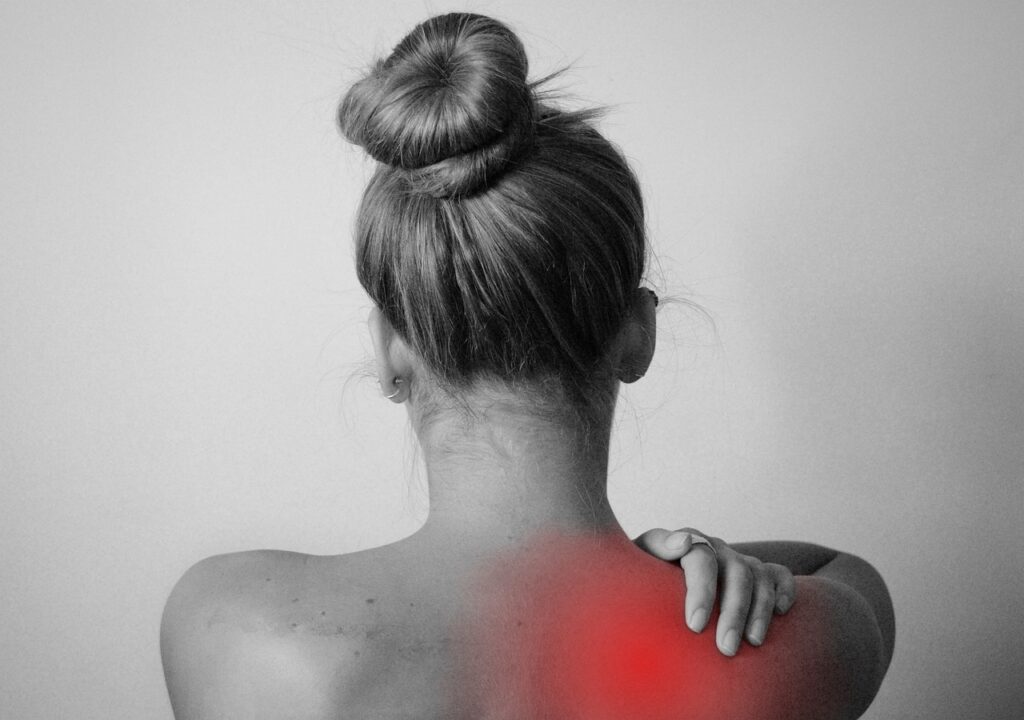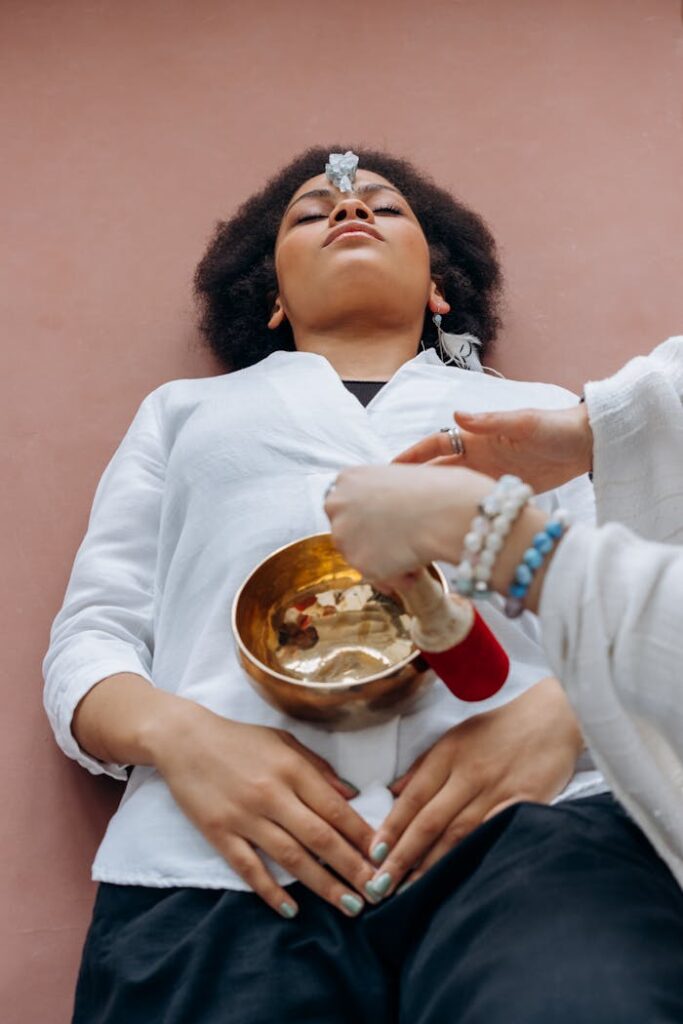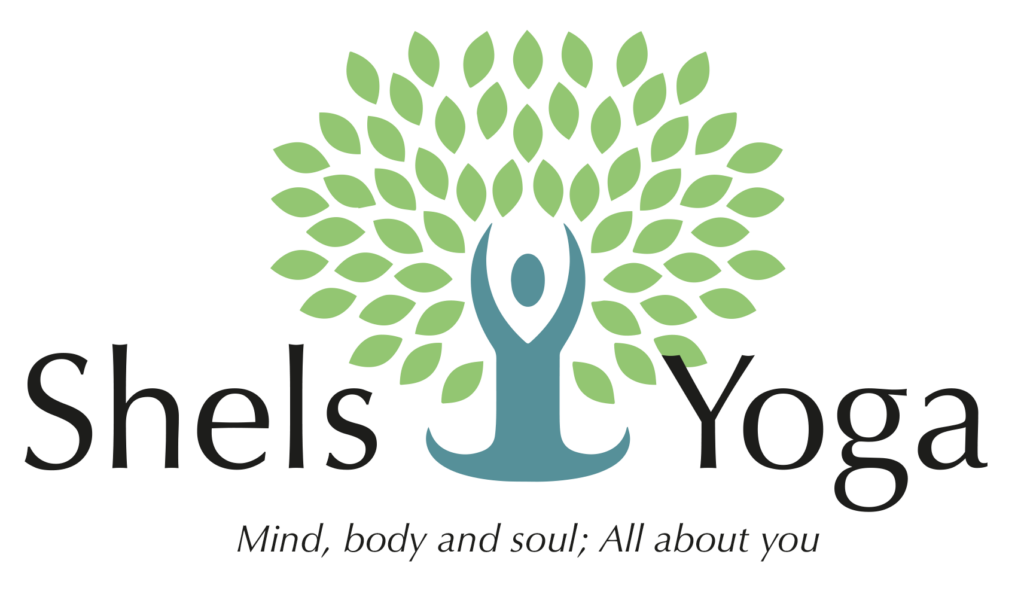Menopause Moan Blog Post #1
My experience
At 42 years of age, I found myself in the doctor’s office with a myriad of symptoms, and the doctor, at that time, said that it looked like this was perimenopause. My reaction was simple, this couldn’t be menopause. This couldn’t even be perimenopause. Could it? I mean, I have barely finished having my babies. Some of my peers hadn’t even started yet.

Twelve years on, and random symptoms continue to appear, worsen, disappear. Change. This constant shifting led me to wonder, ‘Am I being a hypochondriac?’ or ‘Is there something seriously wrong with me?’ Overall, there is an upsurge in inexplicable, unrelated symptoms. The severity of the symptoms increased, and many overlapped with other conditions (Check your symptoms). Mostly the disheartening conclusion that there is nothing wrong with me, a sort of self-gaslighting, or even hearing this message delivered by a professional gynaecologist (I saw 6 before I found one willing to listen), nutritionists, chiropractors, even counsellors. Each with their own opinion on how this, often delivered with the advice that I need to eat less and exercise more; will alleviate any menstrual symptoms and discomfort. Maybe I had been experiencing perimenopausal symptoms? (For advice on exercise during and after menopause see Stacy Sims’ book: (Next Level))

The symptoms were so bad that I had to research them myself to find a solution. I persevered to find a sympathetic doctor who was up to date with state-of-the-art research. One of the six gynaecologists I went to see informed me that I live in a hot country, and another announced that menopause symptoms weren’t severe enough to warrant treatment. Another was horrified that I would even make an appointment to ask for help with these issues, ‘What on earth possessed you to think a GP could help you?’ And I know many women who have experienced a range of strange encounters with doctors and gynaecologists, who are meant to be experts and just don’t seem to have a clue how to even start taking care (British Menopause Toolkit). Don’t get me wrong there are informed, experienced and up-to-date practitioners out there (and here is another link to solid menopause information). In my practice and personally, I have seen first-hand and heard more stories of being fobbed off than being supported. My overriding conclusion here is that we need to research which doctors might be supportive, and go in armed with an understanding of menopause ourselves, with an idea of which treatments we feel might suit us.

Other than the links above there are many books that are also valuable to read. I started with Cracking the Menopause Code, which gave me a great overview delivered with humour and a healthy amount of frustration and raw personal experience delivered with candour.

I then followed the Davina McCaul path. I watched Davina McCall: Sex, Mind and the Menopause and Davina McCall: Sex, Mind and the Menopause on Channel 4, which I followed up with her book Menopausing with Dr Naomi Potter. Again in both cases, I found the delivery personalised, yet unveiling some of the myths around menopause, in particular the WHI research and a heartwrenching dose of women’s experiences before, during and after finding support.

My current reading list below: I am looking forward to getting into The New Menopause with OBGYN Dr Marie Haver who I also follow on Insta.

The Brain: I am looking forward to diving into Lisa Mosconi’s book and thoroughly enjoy hearing her speak, and follow her on instagram

Shoulders: I also follow some other doctors for interesting up-to-date information. In particular, I have been following Dr Vonda Wright because one of my many menopausal symptoms includes frozen shoulders, however, she provides great information not only about the musculoskeletal system in menopause, and the menopause in general.

Urogenital issues: Dr Kelly Casperson also focuses on empowering women through menopause interpreting research and explaining it to be useful. She also hosts a podcast called You Are Not Broken You Are Not Broken – Dr. Kelly Casperson.
I am committed to helping my peers and younger women to acknowledge and notice and be aware of The symptoms, and the wide range of symptoms that we might be having that really, we need to be checking to see if it is perimenopause first. So not unlike when we were pre-teens needing facts about the imminent changes, we need to be brought Back to the Classroom and given the facts. In actuality, we need to be given these facts and be forewarned way further in advance, and employers as well as family members need to be aware of how this stage impacts. Maybe like me, we wouldn’t have listened, but at least we would have had some vague notion that this was coming.

Above visual from : Complete Guide to Menopause | Gynaecology Collaboration
My mom and a handful of other women that I know will say I sailed through menopause. It was a month of discomfort, or, you know, ‘my periods just stopped’. My experience is that those women are the minority or with further probing there were symptoms, even distress, it was just attributed to something else, a thyroid issue, a death in the family, the stress of caring for an older parent, or empty nesting. Most women are experiencing everything from the classic symptoms, the vasomotor motor symptoms, hot flashes, and hot flushes, According to the BC medical journal in their report on menopause 95% of women surveyed experienced menopausal symptoms and 46% felt that they were unprepared for this life stage. This is in line with longitudinal studies by the NIH stating that ‘85% of women report experiencing menopausal symptoms to varying types and severity’. Google symptoms of menopause and you will find all sorts of strange and obscure symptoms you might not otherwise have linked to menopause, like feeling like ants are crawling across your skin or tinnitus (here for a symptom scorecard to support consults)

At one stage I found myself at a specialist hearing clinic. As a full-time teacher at the time the sudden distraction of ringing in my ears and difficulty hearing students in the classroom due to ‘background noise,’ was met by a perfect hearing test and a confused doctor advising me to just focus on something else other than the noise. It was simply a case of a need to turn my attention away from the ringing. This very simple experience demonstrates the sometimes patronising advice, or in worse cases, the gaslighting that women experience when they visit doctors. Doctors who do not have adequate, specialist training in menopause. Circa five years, with the inclusion of HRT into my regime, the tinnitus has ceased. To be fair, relaxation techniques such as yoga, breathwork and yoga Nidra had helped to alleviate but had not eradicated the tinnitus. (For everything menopause, I highly recommend the Balance app:Menopause | Symptoms, Treatment & Help | Balance by Dr Louise Newson)

The shift from perimenopause to menopause through to post-menopause impacts approximately 20 years of a woman’s life. A stage where women have so much experience and creativity to offer their families and the world. Women must get the best information to thrive during this phase, and be empowered to bring their unique talents and gifts to the world.

For more informal sharing please join menopausemoans on insta, Shels Yoga or Shels Yoga-Cool Blue Wellbeing.
This is a beautifully written synopsis of important information and resources that women need to know!
This post was really helpfull!